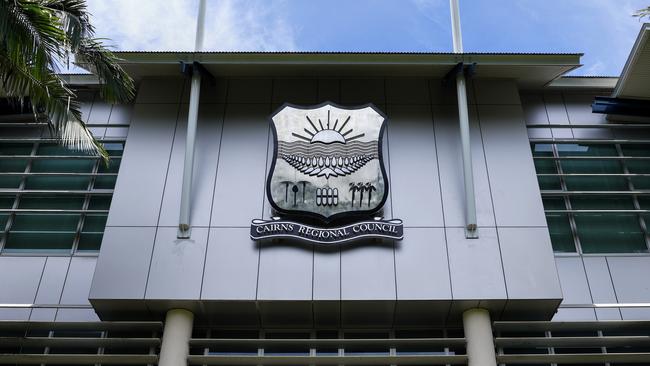Qld fluoride crisis: Existing council funding could be used, says Premier
Cash-strapped Queensland councils should use funding already gifted by the state and federal governments to cover the cost of adding fluoride to town water, the Premier says.

QLD Politics
Don't miss out on the headlines from QLD Politics. Followed categories will be added to My News.
Cash-strapped Queensland councils should use funding already gifted by the state and federal governments to cover the cost of adding fluoride to town water, the Premier says.
David Crisafulli has declined to pay for councils to reinstate fluoride, noting local government already receives funding through federal assistance grants and Works for Queensland.
“Those programs that aren’t financially tight, councils would be able to put that towards worthy programs like that, if they chose to,” he said.
“There are councils with multiple waterfronts and in some cases, none of it, or a very small portion of it, is used for human consumption.
“What councils also need is the flexibility to work out where there is value for money based on the percentage of people on an individual water supply.”
Just 25 of the state’s 77 councils have fluoridated water, the majority in the southeast.
Cairns Regional Council was the state’s largest to remove fluoride, voting in December to keep it out despite pleas from medical experts and despite nearby Townsville – which has fluoride – suffering significantly less primary tooth decay.
The Courier-Mail and its sister publications across Queensland have launched the State of Decay series, highlighting the significant dental health problems in regions without fluoride, as a vocal minority continues to lobby councils to keep the vital mineral out of the water.
Queensland councils spent some $2m installing fluoridation plants following then premier Anna Bligh’s 2008 decision to mandate fluoride and several hundred thousand dollars in ongoing maintenance.
Opposition health spokesman Mark Bailey said Mr Crisafulli should remove the financial barrier for councils to reinstate fluoride.
“He can’t just sit on the fence on this issue because it is an important initiative for dental health statewide,” Mr Bailey said.
“Last year the Labor government offered to cover the infrastructure and operational costs of putting fluoride in the water if local communities want that.
“David Crisafulli needs to start showing real leadership and at least match the commitment Labor has made.”
According to the National Health and Medical Research Council, for every dollar that is spent on fluoridation, between $7 and $18 is saved due to avoided dental treatment.




